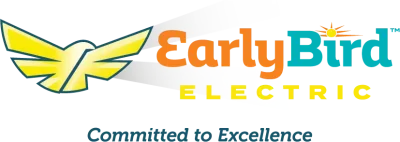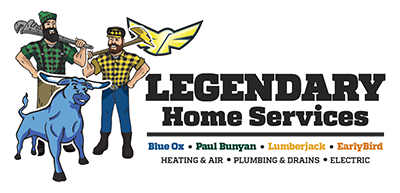Let’s find out if it’s about time you put that giant ball of gas to work for you. No, not your obnoxious uncle who chews beans with his mouth full. We’re talking about the sun. The sun generates a lot of energy. How much, you ask? A LOT, we reply. Ok, honestly, We’ll share the numbers, but they are just so huge, we’re not sure they’ll mean that much to you. And, to be perfectly honest, we’re pretty sure they don’t need to. Still, knowing stuff is good, so:
We measure energy in Joules. For example: in one minute, a 10-watt flashlight uses about 600 Joules of energy. In that same second, the sun generates 3.8 x 1026 Joules. That’s 3,800,000,000,000,000,000,000,000,000 Joules of energy. Per second. See what we meant?
How does the sun generate all that energy?
The sun is a large ball of hydrogen and helium. It produces energy when hydrogen atoms inside it combine to form helium, releasing a large quantity of energy. We call that “nuclear fusion.” Most of this energy gets trapped by the sun’s gravity and stays there, continuing a chain of fusion reactions. Some of the energy escapes the sun’s gravity and shoots away from the sun in every direction–including toward Earth. A small portion of that escaped energy actually reaches Earth. We call that energy “sunlight.”
The point is, there’s a lot of energy being generated approximately 92,955,887.6 miles from good old planet Earth. And none of it requires fossil fuels, nuclear power plants, or harnessing the power generated by water. Here’s where we arrive at the topic of this particular blog.:Solar Power.
What is solar power?
Solar power works by harnessing the energy that comes to Earth from the Sun in the form of sunlight. Solar panels capture a tiny portion of the energy in sunlight and turn it into electricity. Once converted, that energy directly supplies your electrical appliances with power. Solar panels also store extra electrical power, so you won’t run out of energy after the sun sets.
Why should I install solar panels?
One reason to install solar panels is to save money on your energy bills. To determine whether or not it’s enough money, you want to do what the economists call “a cost-benefit analysis.” It’s simple. The cost in the equation is how much you’ll spend to buy, finance, and install solar panels. The benefit is how much you’ll save on your energy costs.
We’ll start with how much you’re paying for electricity now. As of this writing, some pay 8 cents per kWh; others pay 20 cents or more. With solar panels, you’ll end up paying 6 cents per KWh–when you’re done installing them. If you’re currently only paying 8 cents per kWh, it’ll obviously take quite a while to recoup your investment. If you’re paying 20 cents now, on the other hand, solar panels will pay for themselves rather quickly.
There’s part one of your cost-benefit analysis.
Of course, we’re not quite done yet. Before you make your final decision, you’ll need to gather a lot more information. For example:
How much will the solar panel system actually cost?
The price of your solar panels will depend on several factors. For an average home, good solar panel systems cost anywhere between $10,000 to $16,000. You can buy cheaper solar panels, too, but installing high-quality equipment will save more money in the end.
This is obviously a big decision. Review all of your options and find the right combination of price and quality for your home. The actual price of the system is just one part of the cost in our cost-benefit analysis. You should also consider solar incentives and rebates from the federal and local government. These tax breaks could help your net cost by 50 percent or even more. Some utility companies also offer cash rebates.
How will installation affect the cost?
Installation can be a Do It Yourself project, but it’s a BIG project. There are also many national and local companies who sell and install solar panels. As always, do your research to make sure you’re dealing with a reputable company.
You also have to think about how you’re going to finance your solar panel system. Most companies let you buy or lease solar panels. If you can buy the system with cash, you’ll save more than you would via other options–thousands more. There are also zero percent interest rate loans available if you want to buy.
If you can’t buy, solar leases and power purchase agreements (PPSs) require no money down and promise maintenance-free options. Unfortunately, however, in those cases, your total savings will only be 10-30 percent of your utility electricity bill. Check to see if your lease payments make sense when you compare them to how much you’re saving.
To sum up: the “cost” part of a cost-benefit analysis includes: the purchase price of the system PLUS the price of installation MINUS any incentives that reduce cost. You also need to consider how you’ll pay for this cost: yourself or through loans.
A cost-benefit analysis is only one factor for finding out if “solar power is right for you.” If you want to know for sure, there are still a few more things you’ll want to consider. We’ll help you do that in our next blog, “Is Solar Power Right For You? Part Two.”
If you have any questions–about solar power or anything else electrical–in the meantime, give EarlyBird a call. Our experts are happy to help answer any questions or perform any electrical jobs you have for us. We’ll get it done safely, effectively, and quickly. Every time.

